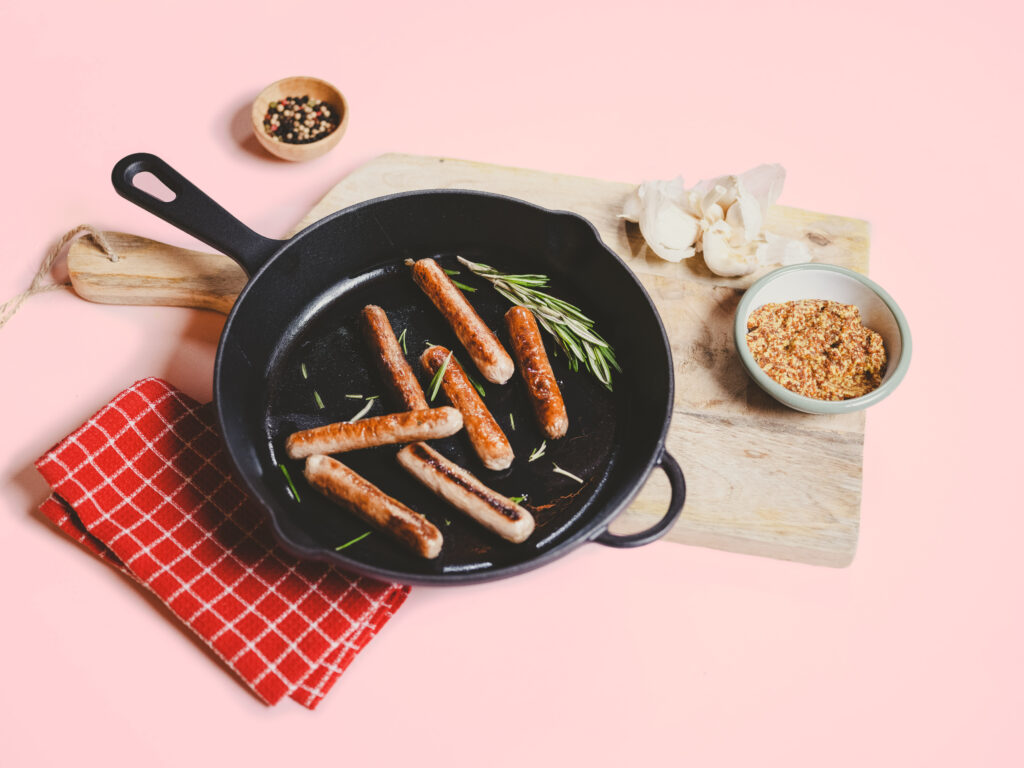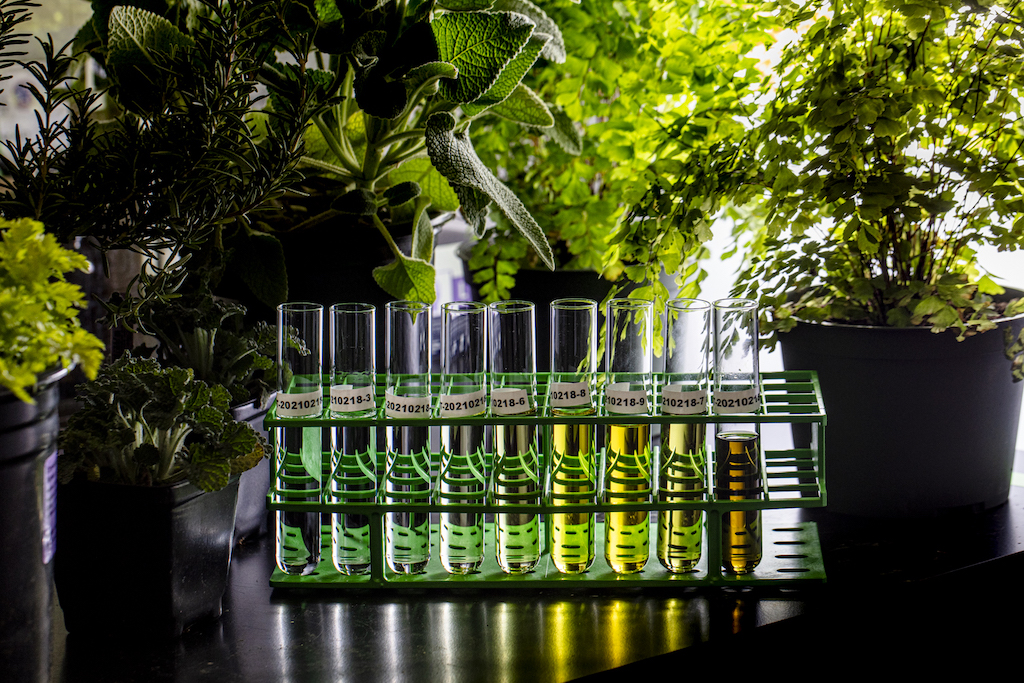5 Mins Read
Time Magazine has recognised a cultivated meat technology as one of the year’s best inventions, alongside lab-grown cotton and an AI platform for functional plant-based ingredients.
As further proof of the technology’s potential for safeguarding the future of the planet and its food supply, cultivated meat has been recognised as one of the top inventions of the year.
Time Magazine’s list of the Best Inventions of 2024 comprises 200 innovations “changing how we live, work, play, and think about what’s possible”, and covers everything from consumer electronics and beauty to food, gaming and medical care.
It’s a tradition that dates back two decades, and is built on nominations from both Time’s editors and correspondents globally. Each contender is judged on factors like originality, efficacy, ambition, and impact.
This year, the list includes Dutch startup Meatable’s cultivated pork technology, Boston-based Galy’s lab-grown cotton, and Californian firm Brightseed’s AI-led Forager platform.

Meatable recognised for world’s fastest cultivated meat tech
Meatable was chosen for Time’s Best Invention list because of its proprietary Opti-ox technology, which allows it to produce cultivated meat in just four days, faster than any other company in the space.
Within the industry, it’s common for producers to use immortalised cell lines, but these need to be altered to multiply indefinitely. Meatable’s technology, however, uses pluripotent stem cells (PSCs), which have the natural ability to multiply continuously and rapidly.
While it can be challenging to change PSCs into more specialised cells like muscle or fat, combining them with the Opti-ox technology enables the Dutch startup to produce fully differentiated muscle and fat cells in just four days. This is then combined with a perfusion process that allows Meatable to work in a continuous cycle and generate very high cell densities, increasing productivity and making it easier to scale up the process.
“We’re deeply honoured to be recognised by Time for our Opti-ox technology, which we believe is at the forefront of the cultivated meat revolution,” said Daan Luining, co-founder and chief innovation officer of Meatable.

“With our planet’s resources under increasing pressure and demand for meat only growing, it’s evident that our current food system is unsustainable,” he added. “This acknowledgement from TIME is a tremendous validation of our approach, and of our incredible team working day and night to make this happen.”
Meatable is currently working with regulators in six countries to get its cultivated pork approved for sale, with authorisation in Singapore expected in the first quarter of 2025, as CEO Jeff Tripician revealed to Green Queen last month.
The startup is aiming to raise a Series C round around the $35M mark to add to the $95M it has secured from investors since it was founded six years ago. It will host a large tasting event in Singapore next February with investors, the company’s board and meat companies interested in incorporating the cultivated pork in their products.
“I see us moving with pretty good speed through 2025,” Tripician said, indicating that Meatable would use its Singapore application to file dossiers in countries that largely follow the same process. “At the end, I would be very disappointed in our team if we don’t have approval in five, six countries by this time or the end of next year,” he added.
Lab-grown cotton and plant-based compounds join Time’s Best Inventions list

Meatable wasn’t the only cellular agriculture company present on the Time Best Inventions of 2024 list. Galy may not be working on food, but it’s using a similar technique to grow bioidentical cotton, minus the huge amount of water, chemicals, or deforestation.
Galy takes cotton cells and cultivates them in large bioreactors by feeding them sugar. Once they’ve proliferated to the required volumes, it selectively activates and deactivates genes in the cells, transforming them into cotton fibre. The process is 10 times faster and 500 times more productive than conventional cotton farming, uses 99% less water, takes up 97% less land, and emits 77% less CO2.
“Cellular agriculture offers the best way to address environmental challenges at scale while producing a material with the same characteristics as traditional cotton,” Galy co-founder Luciano Bueno told Time. “With all due respect to agriculture, we believe we can produce the same thing in a lab facility, better.”
The startup recently secured $33M in a Series B round led by Bill Gates’s Breakthrough Energy Ventures, taking its total raised to $65M. It hasn’t been commercialised yet, but it counts H&M Group and Inditex (the parent company of Zara, Bershka, Stradivarius and more) as investors, and has secured agreements with several industry leaders, including health and pharma giant Suzuran Medical.

Another company working in the realm of future food is Brightseed, which was recognised by Time for its proprietary AI platform Forager. This helps it discover bioactive compounds found within plants to deliver health ingredients for functional food, beverages, supplements and specialised nutrition companies.
Brightseed, which closed a $68M Series B round in 2022, has assembled the largest library of natural mall molecule compounds anywhere in the world (with over seven million already), linking them to potential health benefits and allowing food companies – like Danone and Blue Diamond – to understand their bioactives and optimise their products accordingly.
“This recognition from TIME is a tremendous honour,” said Brightseed co-founder and CEO Jim Flatt. “Forager marks a significant technical breakthrough, enhancing our ability to explore nature for insights and ingredients that transform our diet into targeted tools for health and longevity. Together with our customers and partners, we look forward to delivering a new class of powerful and sustainable health innovations for consumers worldwide.”
This isn’t the first instance of Time recognising alternative protein and future food companies in its Best Innovations list. Since 2020, Impossible Foods‘s pork analogue, Perfect Day’s precision-fermented whey protein, Upside Foods and Good Meat‘s cultivated chicken products, and MeliBio‘s bee-free honey tech have all appeared on the list.



